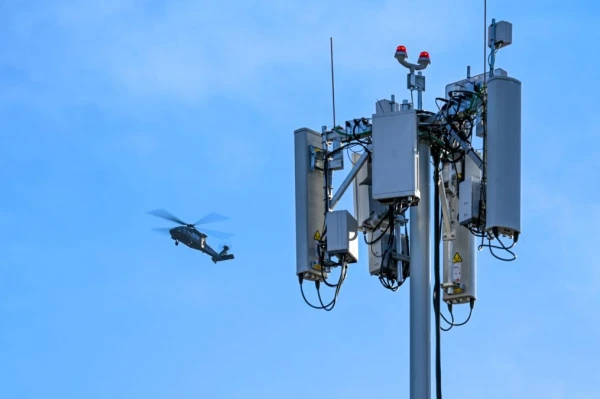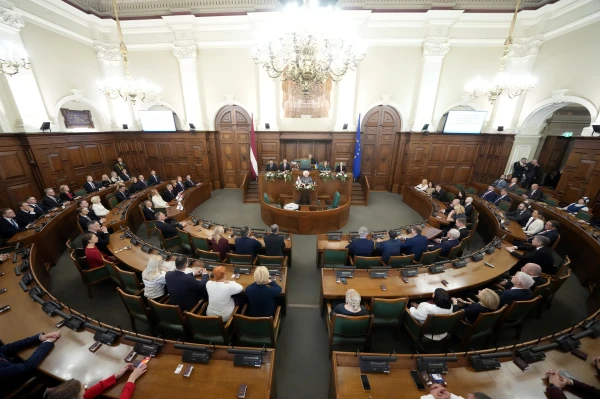
For the first time in three decades, as our republic moved towards NATO and was part of this organization, a certain public organization presented justified objections regarding military spending.
Specifically — against the project of the European Defence Fund "5G Communications for Peace and Defence" currently under consideration by the Cabinet of Ministers.
Not Related to Combat Capability
The expenses for the 5G COMPAD initiative from the Latvian Ministry of Defence are quite symbolic — this year €113,974, and in 2026 — €49,092. These amounts are contributions to the European Defence Fund, which, in turn, spends €37,096,363.98 across the EU. From this amount, Latvia will receive approximately 2.64%, or €982,635. A total of 24 enterprises from 12 countries have united to develop 5th generation mobile communications for defence needs.
It is assumed that the 5th generation will create a wide range of opportunities for battlefield management, the use of aerial drones, ground and maritime drones, augmented and virtual reality.
However, the Latvian Society for the Protection of the Interests of the Unemployed and Job Seekers entered the government with legally justified objections, which were reflected in a note on the executive authority's website:
"The proposed national co-payment is not linked to a direct and measurable increase in combat capability, therefore it does not meet the criteria of feasibility under the Law on Preventing the Misuse of Public Funds and Property, as well as the requirements of the Budget and Financial Management Law and the Fiscal Discipline Law regarding the necessity, appropriateness, and proportionality of expenditures."
Better Ammunition Instead
From their perspective, under the National Security Law, any unjustified expenditure of defence budget funds effectively reduces the state's ability to finance critical capabilities: ammunition, air defence, spare parts, cybersecurity. "Participation in the project now rather creates a risk," noted the activists.
The project documents lack elements of a minimum standard of good governance as understood by the Law on the Structure of Public Administration: an accurate payment schedule; there are no provisions for suspension or exit in case of significant delays or discrepancies; the intellectual property regime and data rights are not defined; independent financial-technical oversight with regular public reports is not provided.
"In light of the above, participation in the project is currently disproportionate to the expected security benefit and does not meet the requirements of good governance and prudent use of public funds; it is recommended to abandon the project," the activists concluded.
There is little doubt that, following the discussion in the Cabinet of Ministers, Andris Sprudins' Ministry of Defence ("Progressives") will push it through. However, as they say, a bad beginning is half the battle. Indeed, defence spending for 2026 is planned to exceed €2 billion (specifically – €2,157,907,137), which means there are wide opportunities for public discussion...















Leave a comment